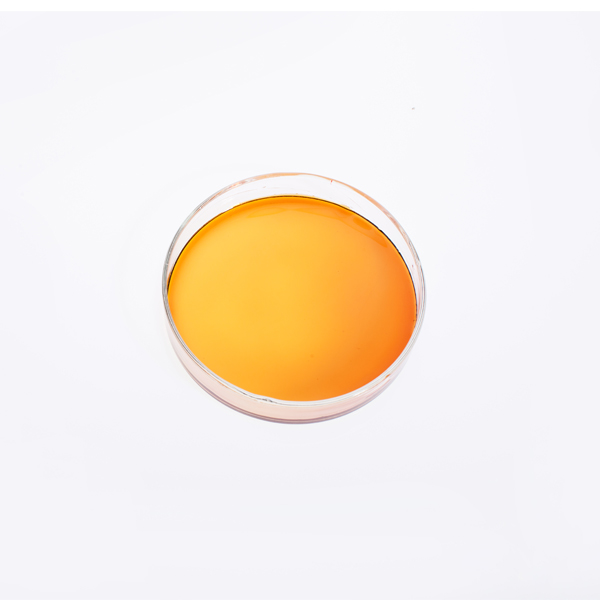
News
Oct . 01, 2024 10:54 Back to list
Efficiency of Polyaspartic Acid as a Corrosion Inhibitor for Enhanced Protection
Polyaspartic Acid as a Corrosion Inhibitor An Overview
Corrosion remains a significant challenge in various industries, leading to asset degradation, increased maintenance costs, and system failures. As a result, the search for effective corrosion inhibitors has gained momentum. Among the promising candidates, polyaspartic acid (PASP) has emerged as a noteworthy option due to its unique properties and functionalities.
What is Polyaspartic Acid?
Polyaspartic acid is a biodegradable polymer derived from aspartic acid, an amino acid commonly found in nature. This organic compound exhibits excellent solubility in water and is characterized by its linear structure, which contributes to its versatile interactions in various environments. The unique chemical structure of PASP allows for the formation of stable complexes with metal ions, making it an effective corrosion inhibitor for different substrates, particularly in aqueous environments.
Mechanism of Action
The corrosion inhibition mechanism of polyaspartic acid primarily involves its ability to form a protective layer on metal surfaces. When PASP is introduced into a corrosive environment, it adsorbs onto the metal surface, creating a film that physically shields the metal from aggressive ions, such as chloride ions, that facilitate corrosion processes. Additionally, PASP can chelate metal ions, which further stabilizes the metal surface and reduces the rate of corrosion.
One of the significant advantages of PASP is its ability to maintain this protective layer under varying pH levels and temperatures, ensuring its effectiveness across different conditions. This property is particularly beneficial in environments where traditional inhibitors may fail, such as those involving high salinity or extreme pH values.
Benefits of Polyaspartic Acid
1. Biodegradability One of the most compelling benefits of PASP is its environmentally friendly profile. Unlike many conventional corrosion inhibitors, which can be toxic and accumulate in the environment, polyaspartic acid is biodegradable, making it a sustainable choice for industries seeking to reduce their ecological footprint.
polyaspartic acid corrosion inhibitor

2. Low Toxicity PASP has low toxicity levels compared to other synthetic corrosion inhibitors, ensuring it poses minimal risk to human health and aquatic life. This characteristic is essential for applications in industries such as marine, construction, and food processing, where safety is paramount.
3. Versatile Applications Polyaspartic acid can be utilized in various industries, including oil and gas, coatings, and water treatment. Its ability to function as both a corrosion inhibitor and a dispersing agent further enhances its applicability, allowing for effective use in multiple contexts.
4. Cost-Effectiveness The production of polyaspartic acid is generally less expensive than many traditional inhibitors, making it a cost-effective solution for businesses seeking to minimize corrosion-related expenses while ensuring sustainability.
Future Prospects
As the demand for sustainable materials and methods increases, there is a growing interest in the application of biopolymers, like polyaspartic acid, for corrosion inhibition. Research efforts are focusing on improving the efficacy and longevity of PASP as an inhibitor, exploring its use in hybrid formulations with other biodegradable compounds to enhance performance.
Furthermore, advancements in nanotechnology may pave the way for creating nanocomposite materials that incorporate PASP, potentially leading to even greater protective capabilities. Studies investigating the synergistic effects of PASP with various nanoparticles are underway, which could revolutionize the industry by providing more robust and long-lasting corrosion protection.
Conclusion
In summary, polyaspartic acid represents a breakthrough in the field of corrosion inhibition, combining effectiveness with environmental sustainability. Its unique properties, coupled with its biodegradable nature, make it a promising alternative to traditional inhibitors. As industries continue to prioritize sustainability and safety, the role of polyaspartic acid as a corrosion inhibitor is likely to expand, ushering in a new era of eco-friendly solutions in materials protection. The ongoing research and development efforts surrounding PASP will further enhance its applicability and effectiveness, promising a brighter future for corrosion management across various sectors.
-
Polyaspartic Acid Salts in Agricultural Fertilizers: A Sustainable Solution
NewsJul.21,2025
-
OEM Chelating Agent Preservative Supplier & Manufacturer High-Quality Customized Solutions
NewsJul.08,2025
-
OEM Potassium Chelating Agent Manufacturer - Custom Potassium Oxalate & Citrate Solutions
NewsJul.08,2025
-
OEM Pentasodium DTPA Chelating Agent Supplier & Manufacturer High Purity & Cost-Effective Solutions
NewsJul.08,2025
-
High-Efficiency Chelated Trace Elements Fertilizer Bulk Supplier & Manufacturer Quotes
NewsJul.07,2025
-
High Quality K Formation for a Chelating Agent – Reliable Manufacturer & Supplier
NewsJul.07,2025
